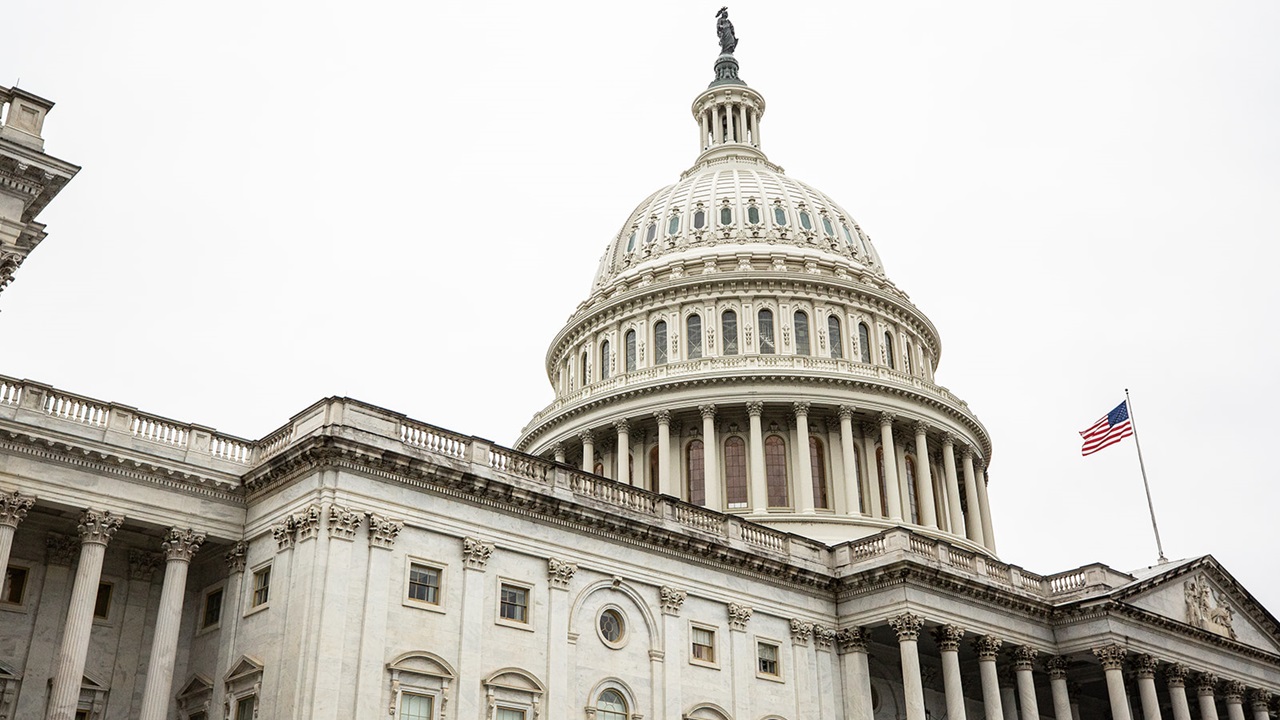Capitol Correspondence - 06.20.23
ANCOR Launches Access Rule Resource Center to Support Members in Advocacy Efforts

Share this page
Stay Informed on the Latest Research & Analysis from ANCOR
More News
Capitol Correspondence - 07.08.25
Department of Labor Proposes Rescinding COVID-19 Provisions
Stateside Report - 07.07.25
Stateside Report: July 07, 2025

Press Release - 07.03.25
Statement on Final Passage of the Republican Reconciliation Package


